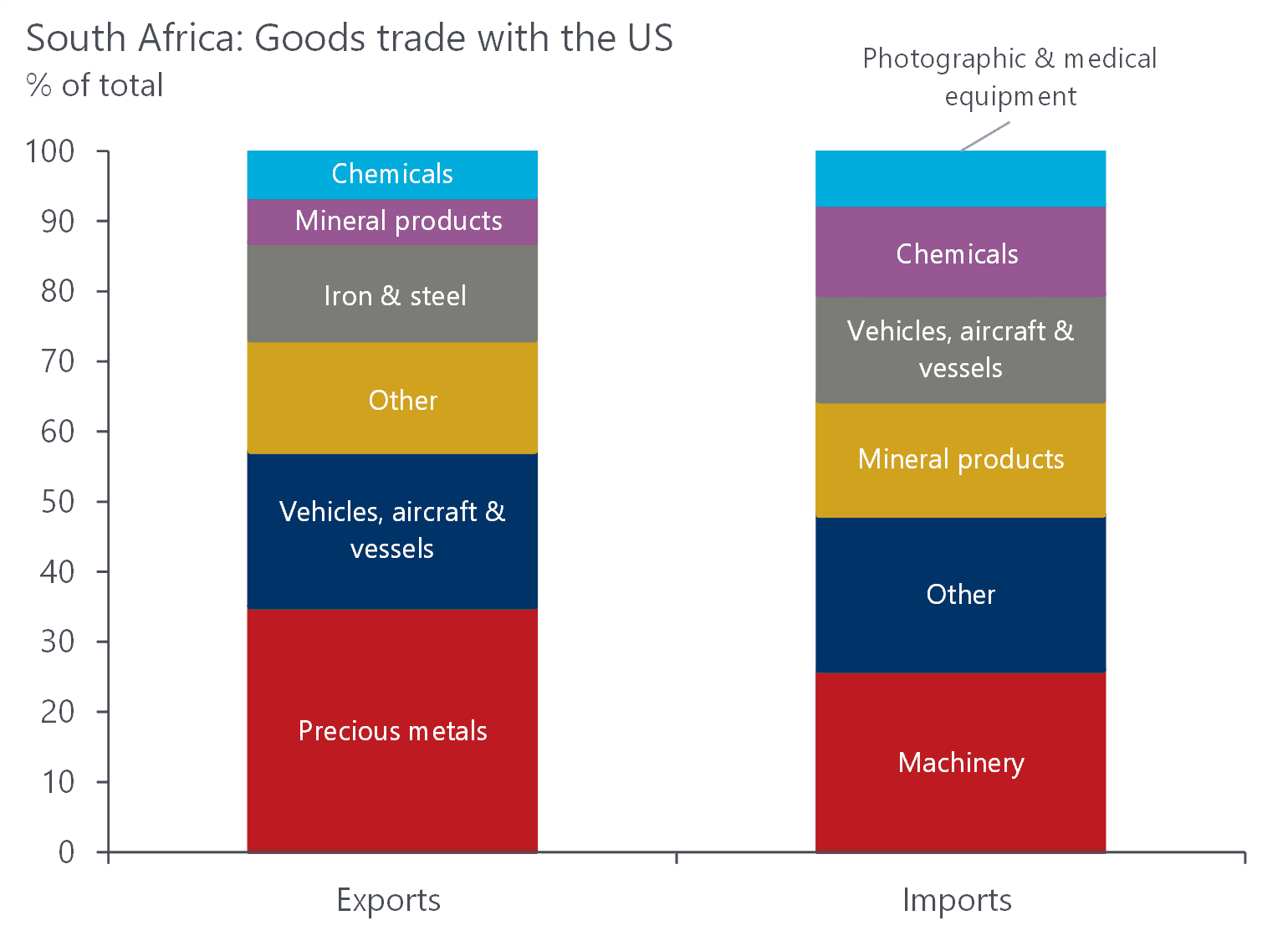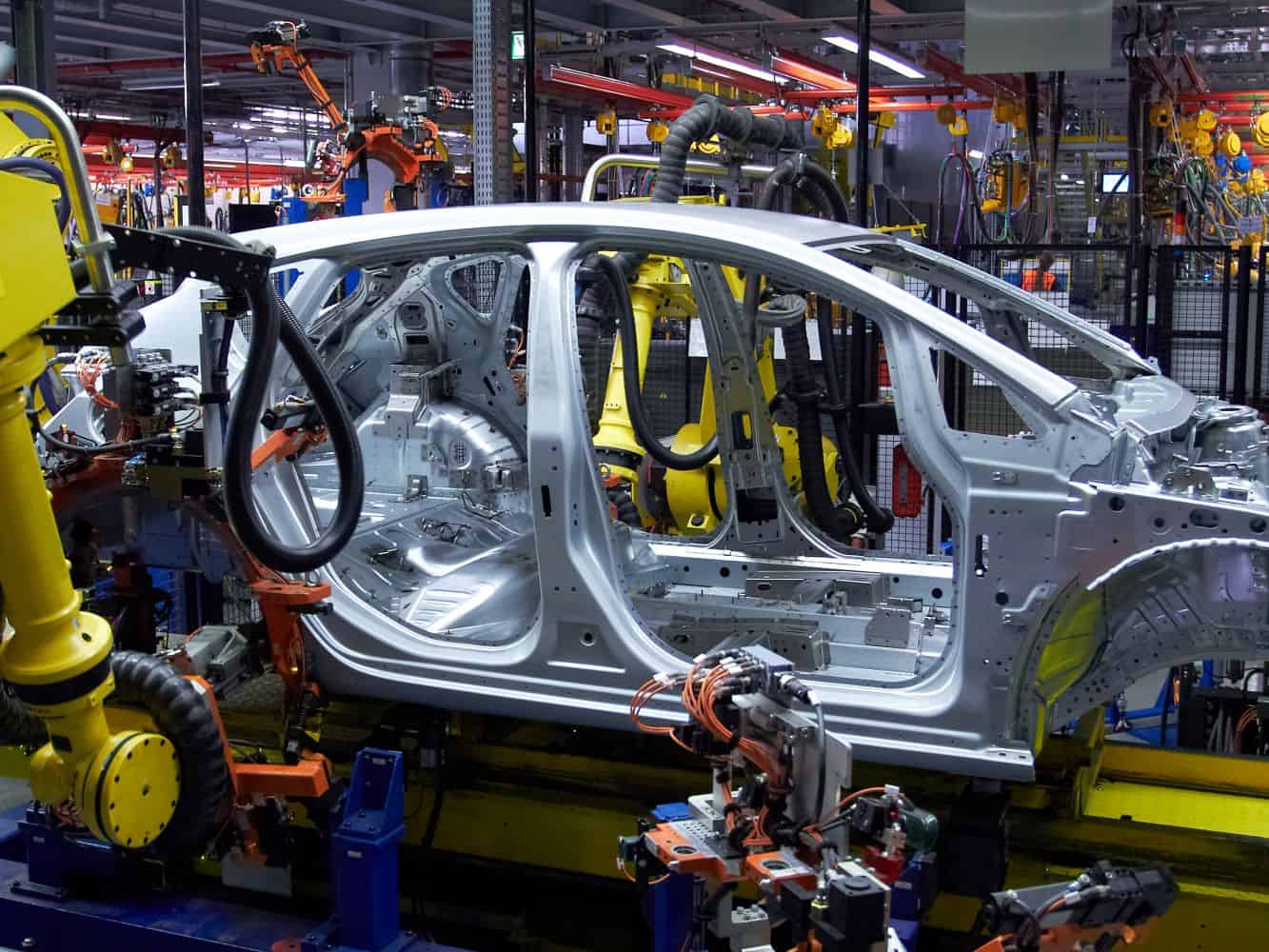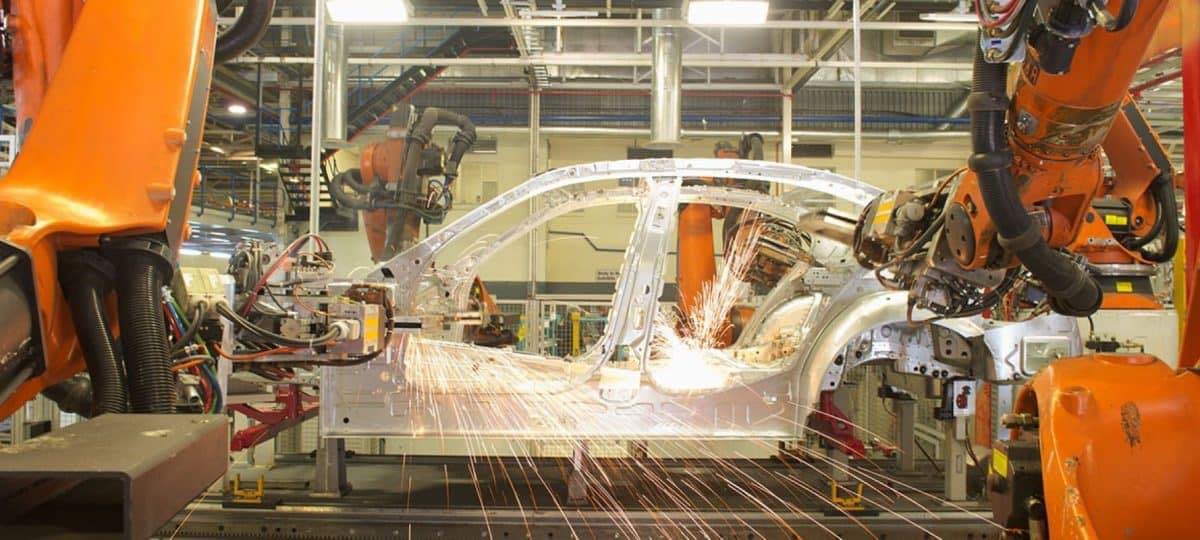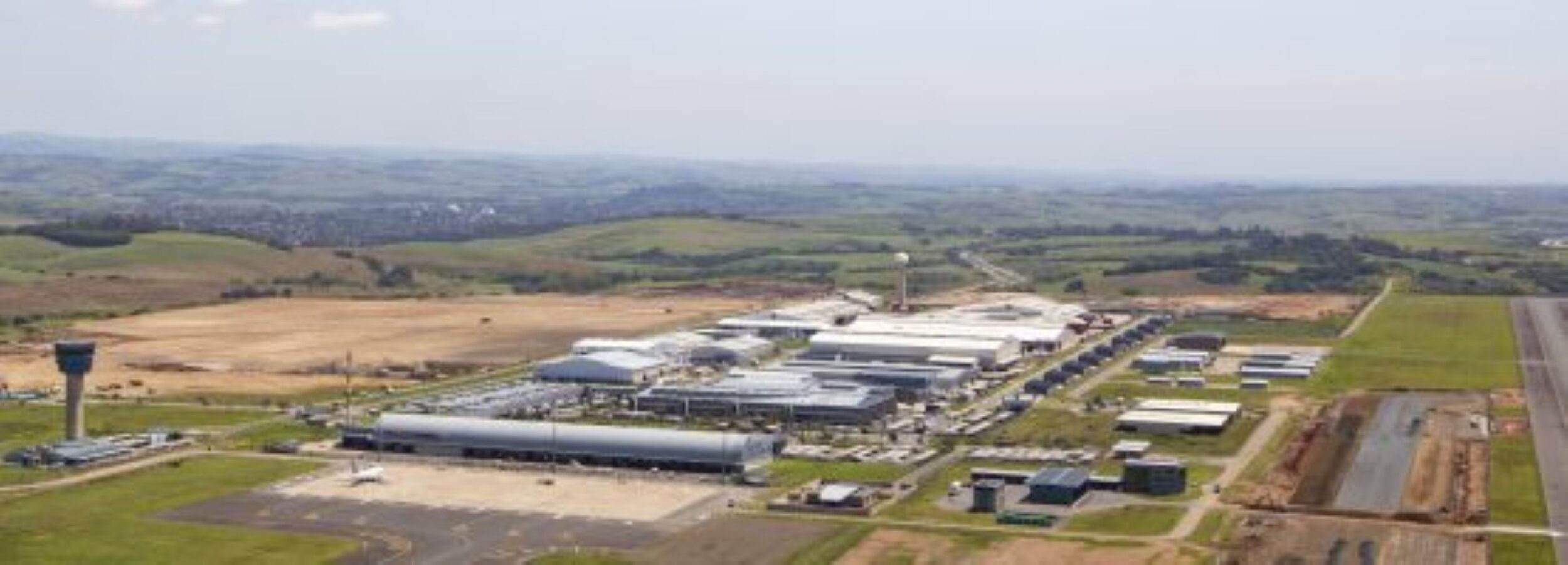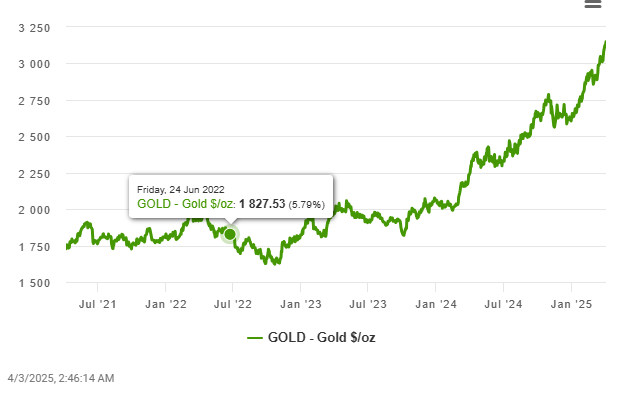The outlook for economic growth in South Africa has deteriorated due to the Tump tariffs that override Agoa.
US President Donald Trump’s latest tariffs announced on Wednesday will override the African Growth and Opportunity Act (Agoa) that gives South African exporters preferential access to the world’s largest economy.
The South African automotive sector will be one of the industries hit the hardest.
In addition, Jee-A van der Linde, senior economist at Oxford Economics Africa, says the 30% tariff on South African exports to the US overrides Agoa. “While the automotive sector will be among the industries hardest hit, certain minerals exports will be exempt.
“The major risk for domestic exporters is a decline in competitiveness as producers in South Africa face unduly high input costs. South African exporters have benefited from preferential trade access to the US under Agoa and the generalised system of preferences (GSP).”
He points out that Agoa is a US law and not an agreement, which means the US government does not have to negotiate with African countries. “Although Agoa was set to expire in September this year, we now believe that Agoa is effectively dead in the water.
ALSO READ: ‘Clearing the air’: Inside Dirco’s meeting with US officials
South Africa must make a plan and fast
“It is unclear what will follow, but the minister of trade, industry and competition, Parks Tau, said South Africa will request meetings with US officials to discuss import tariffs. In an African context, South Africa has benefited disproportionately from Agoa due to the economy being more industrialised than that of its African peers.”
Even so, he says, South African companies will have to swiftly adjust to US tariffs. “Large domestic exporters generally have more established systems and procedures in place, which should give them an advantage over less developed, smaller exporters in other African countries.”
This chart shows that South Africa has fairly diversified trade flows with the US:

Van der Linde says the sudden tariff hikes give businesses little time to adjust and will likely lead to greater uncertainty in the months ahead. “While domestic politics have been the major driver of the weakness in South African asset prices in recent days, the impact of tariffs is now also filtering in.
ALSO READ: South Africa will pay the price for Trump’s tariffs
Domestic market could help, but loss of Agoa is economically damaging
“However, a weaker South African exchange rate in the near term could provide a temporary cushion for exporters although that relief will eventually fade as the impact of higher import costs for inputs and rapidly rising administered prices put manufacturers under pressure.”
He says in the interim, there is scope for the domestic market to absorb locally manufactured goods as businesses naturally gravitate to the optimal export destination.
“Although it is reasonable to assume increased regional trade, the loss of preferential trade to the lucrative US market is economically damaging and the authorities’ response will be crucial for the domestic industry.
“Considering South Africa’s uncertain political environment combined with the backdrop of building global headwinds, our outlook for the South African economy has deteriorated. We are consequently making several changes to our baseline forecast for South Africa.”
ALSO READ: Will Trump’s tariffs have major negative effect on South Africa’s economy?
Trump’s tariffs a huge wedge into the world’s trading system
Prof Raymond Parsons, economist at the NWU Business School, says the scale of the further wide-ranging US unilateral tariff hikes will not only drive a huge wedge into the world’s multilateral trading system but is also bad news for the SA economy.
“The international impact of much higher US tariffs will now disrupt global value chains, invite retaliation, ignite inflation, dampen world economic growth and prompt repricing of risks in financial markets. The world’s trading system is at a fork in the road and global reaction has understandably been highly negative.”
He points out that ‘tariff wars’ have a bad history. “Whatever advantages may be thought to accrue to the US economy through much higher tariffs, ‘beggar-my-neighbour’ policies have never been good news for the world economy.
“The collateral economic damage is usually high. All the economic evidence suggests there will be many more losers rather than winners as a result. Some economies may potentially be brought to the brink of recession, with accompanying job losses and even social dislocation.”
Parsons says the additional US tariffs therefore come at a growing cost and their unpredictability will heighten the pain. “Even after the latest watershed announcement by President Trump, the US retains the right to swiftly and occasionally retract or reinstate tariffs.
ALSO READ: Trump’s tariff threats will affect SA’s economy — experts
Constant rule changes create uncertain environment
“This uncertain environment created by the constant change in the ‘rules of the game’ makes trade and investment decisions by business very problematic. Tariff uncertainty can be as economically damaging as tariffs themselves.”
He says higher tariffs of 30% on South African exports to the US are also a serious headwind for the country. “South Africa needs a calm and pragmatic approach based on evidence-based homework. The automotive sector will take a particularly hard hit.
“In seeking to manage higher US trade tariffs, South Africa must mobilise the necessary economic diplomacy to try to offset the economic damage and stabilise the situation. Given Trump’s reciprocal approach to tariffs, South Africa must see what trade adjustments might be made to win concessions to ameliorate the situation.”
Parsons says South Africa must also prudently seize the moment to begin to identify alternative markets as the US withdraws behind protectionist barriers. “The isolationist direction of US trade policy is now abundantly clear and is the ‘new normal’.
ALSO READ: Trump’s 30% tariffs on SA a ‘barrier to trade and shared prosperity’, Presidency says [VIDEO]
African Continental Free Trade Agreement an option
“For South Africa, the African Continental Free Trade Agreement (ACFTA) is one ready mechanism that seeks to reduce existing barriers to intra-Africa trade. African economies, including South Africa, will need to steadily integrate as the US pulls back. ACFTA must be given a much higher priority.”
Then, he says, as the world economy is now likely to be less supportive of domestic growth, it becomes all the more necessary for South Africa to demonstrate a strong strategic pivot in growth policy to offset the negative consequences of external shocks.
“The need to accelerate internal structural reforms is even more urgent. Both government policy and business strategies will need to adapt to a new range of risks, as well as exploring new or alternative economic opportunities. To do so, South Africa must draw on the best advice possible to expedite and implement the necessary solutions.”
